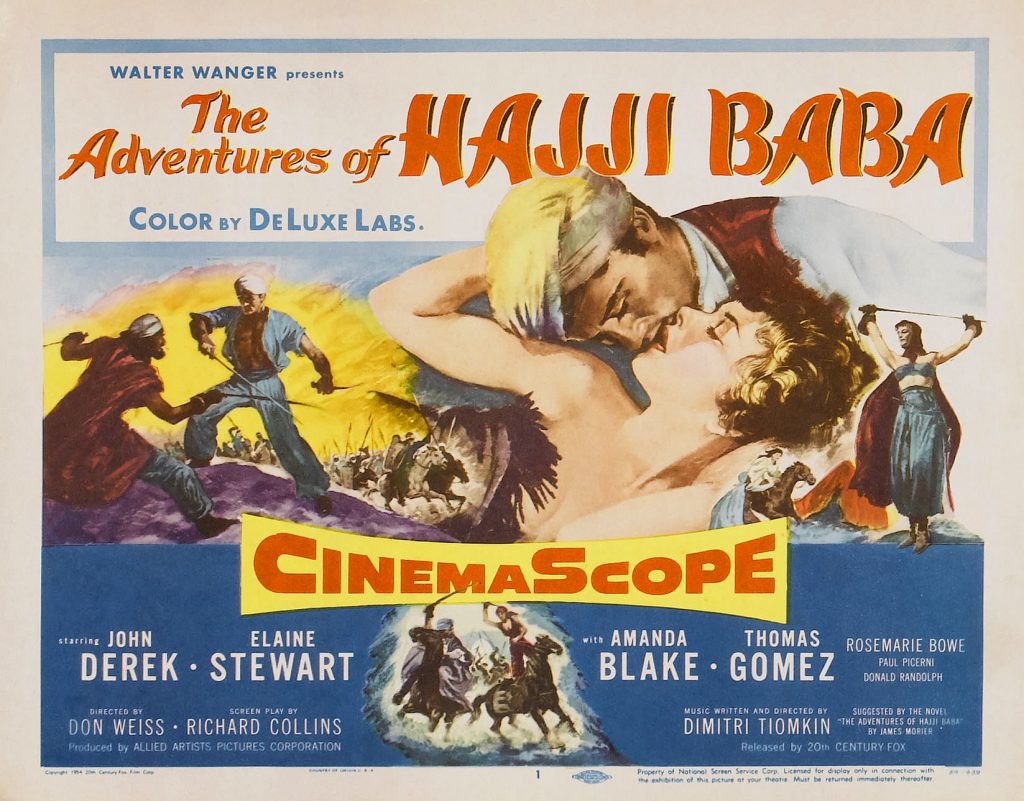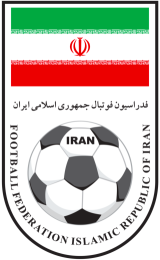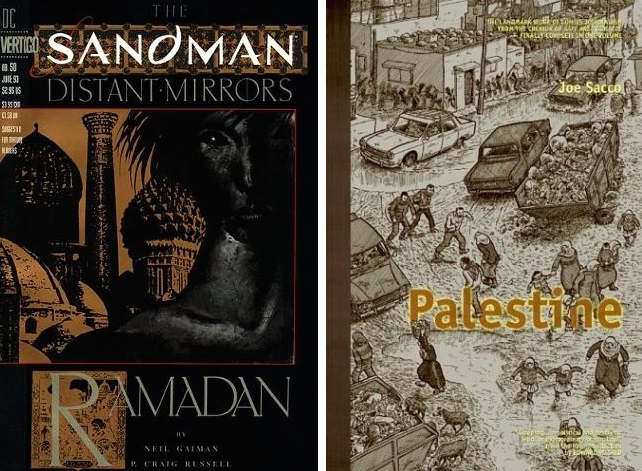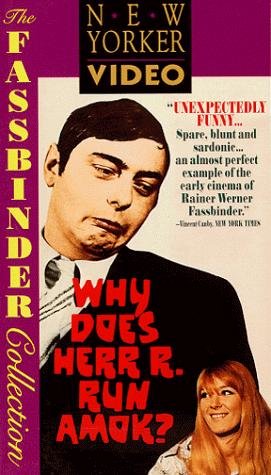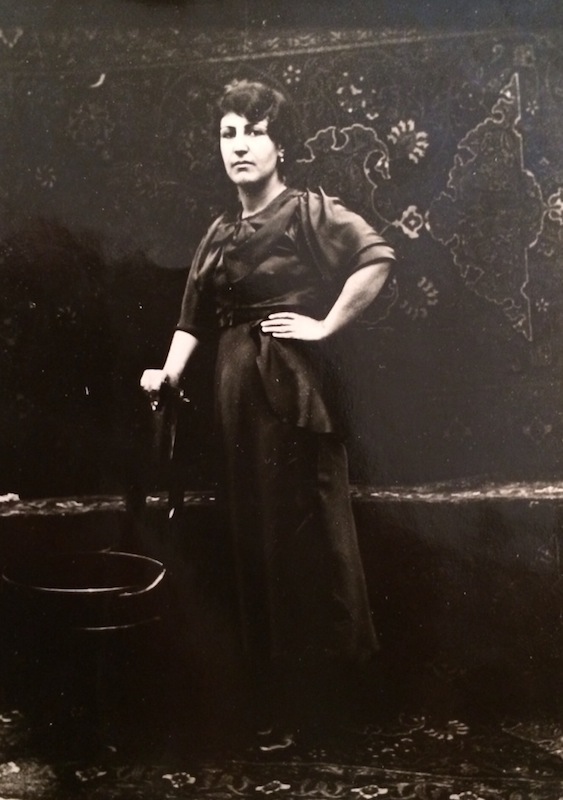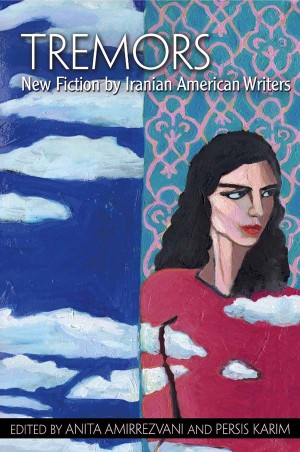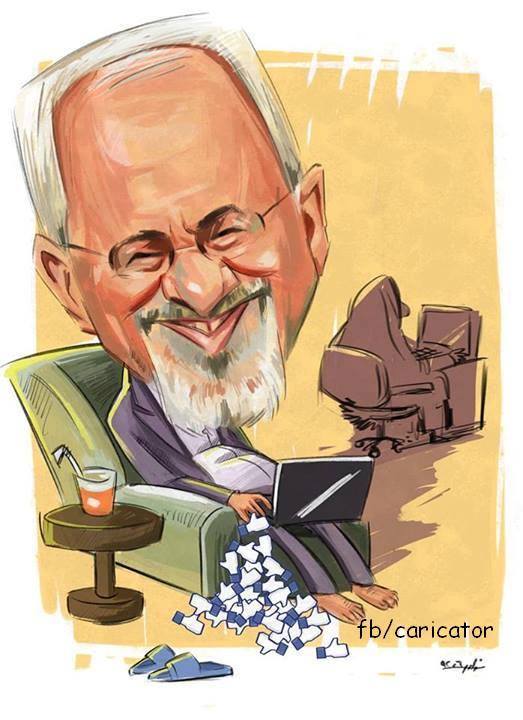On Transformative Compassion
* Kaveh Bassiri *
The recent trying political events in the Middle East are so dark and troubling that I lost the elation of Arab Spring and went in search of moral and ethical grounds — a vista where I can look at what is happening from a clear vantage point.
On Transformative Compassion Read More »

